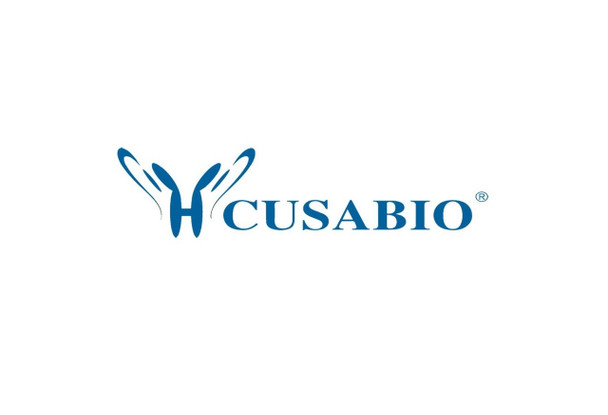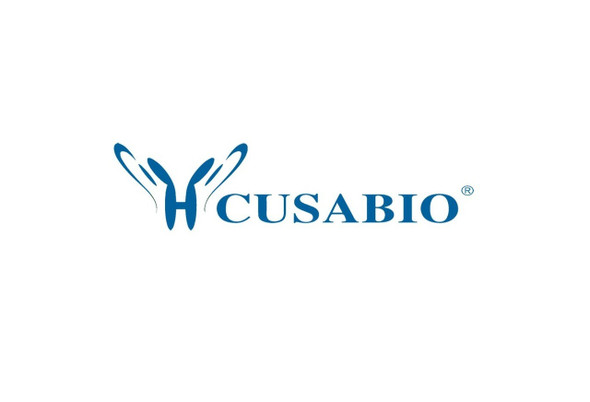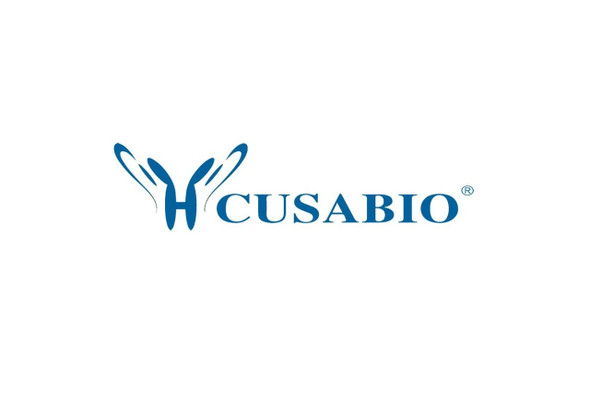Cusabio Polyclonal Antibodies
DCTN2 Antibody | CSB-PA614427LA01HU
- SKU:
- CSB-PA614427LA01HU
- Availability:
- 3 to 7 Working Days
Description
DCTN2 Antibody | CSB-PA614427LA01HU | Cusabio
DCTN2 Antibody is Available at Gentaur Genprice with the fastest delivery.
Online Order Payment is possible or send quotation to info@gentaur.com.
Product Type: Polyclonal Antibody
Target Names: DCTN2
Aliases: Dynactin subunit 2 (50 kDa dynein-associated polypeptide) (Dynactin complex 50 kDa subunit) (DCTN-50) (p50 dynamitin), DCTN2, DCTN50
Background: Modulates cytoplasmic dynein binding to an organelle, and plays a role in prometaphase chromosome alignment and spindle organization during mitosis. Involved in anchoring microtubules to centrosomes. May play a role in synapse formation during brain development.
Isotype: IgG
Conjugate: Non-conjugated
Clonality: Polyclonal
Uniport ID: Q13561
Host Species: Rabbit
Species Reactivity: Human
Immunogen: Recombinant Human Dynactin subunit 2 protein (1-252AA)
Immunogen Species: Human
Applications: ELISA, IHC, IF
Tested Applications: ELISA, IHC, IF; Recommended dilution: IHC:1:20-1:200, IF:1:50-1:500
Purification Method: >95%, Protein G purified
Dilution Ratio1: ELISA:1:2000-1:10000
Dilution Ratio2: IHC:1:20-1:200
Dilution Ratio3: IF:1:50-1:500
Dilution Ratio4:
Dilution Ratio5:
Dilution Ratio6:
Buffer: Preservative: 0.03% Proclin 300
Constituents: 50% Glycerol, 0.01M PBS, PH 7.4
Form: Liquid
Storage: Upon receipt, store at -20°C or -80°C. Avoid repeated freeze.
Initial Research Areas: Cell Biology
Research Areas: Cell biology;Signal transduction











